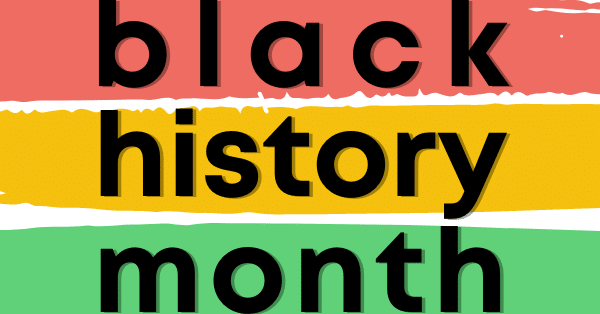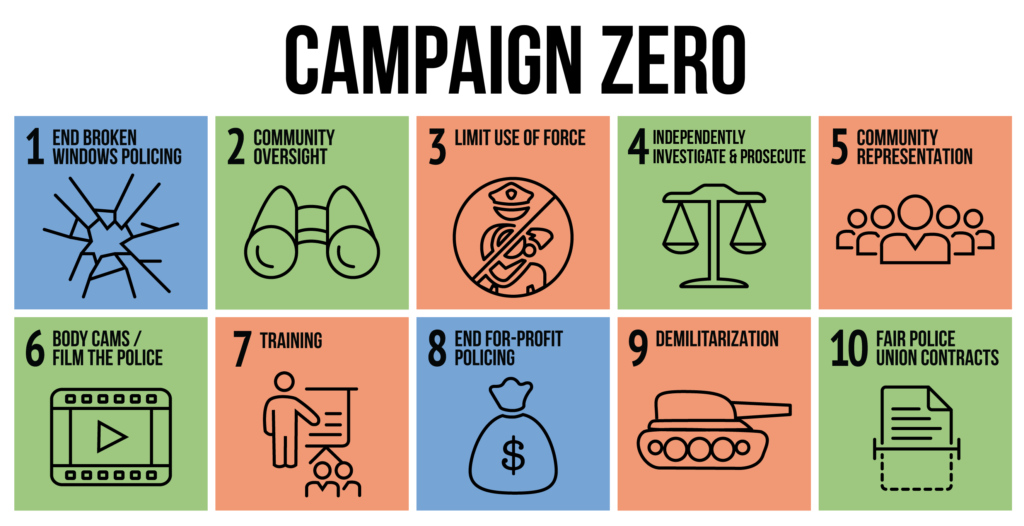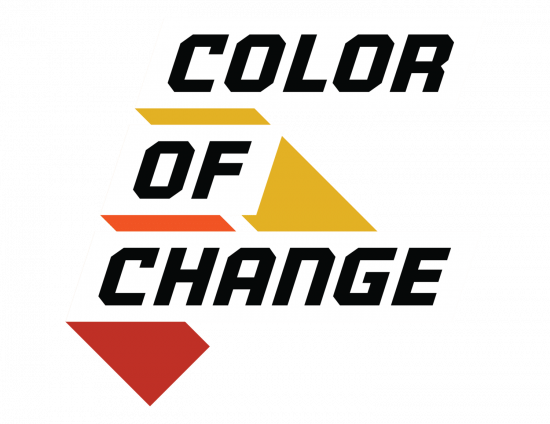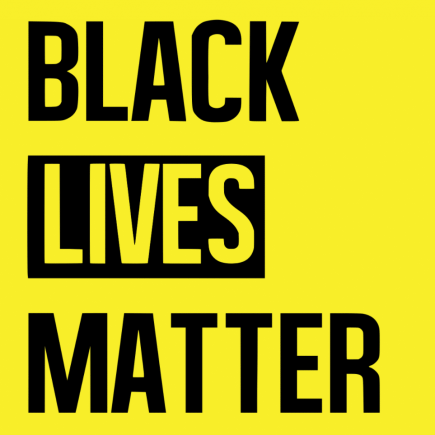How to Celebrate Black History Month
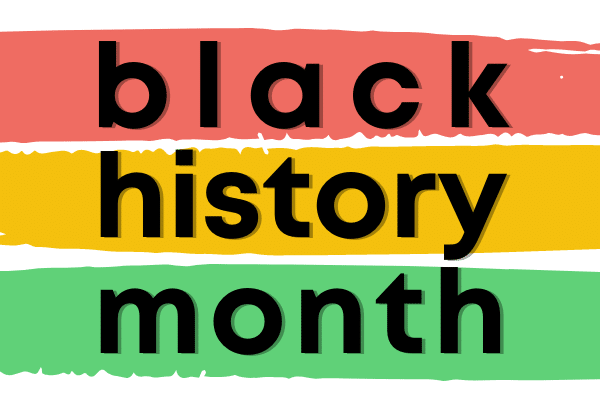
This February marks the 45th annual Black History Month, a celebration of the achievements and advancements Black Americans have added to the history of America. Unfortunately, these contributions to history are often ignored or underrepresented. After a 2020 filled with national calls for racial equality and international Black Lives Matter protests, many are wondering what they can do to support the Black community and celebrate Black history in 2021.
While there is no one specific way to acknowledge Black History Month, the Impactree team has worked to curate respectable, informative, and powerful ways to celebrate and support Black communities across the nation this February. However, we also believe that discussions of Black history and culture should continue through the entire year, rather than a single month.
Since its national recognition, Black History Month has been critiqued for its limited scale. Created to embolden discussion of Black people’s significance in American and world history, many critics have accused the holiday of over-simplifying and confining the achievements of Black innovators to only February. Famously, Oscar-winning actor Morgan Freeman called the month “ridiculous,” stating bluntly “Black history is American history.” In 2021, conversations about Black history and racism should not (and will not) be relegated to February alone.
The History of Black History Month
In 1915, historian Carter G. Woodson was frustrated with the underrepresentation of Black Americans in university history classes. Woodson knew Black people had tremendous influence over the infrastructure, culture and history of America, yet their role was solely relegated to that of enslaved people. Along with Jesse E. Moorland, Woodson founded the Association for the Study of Negro Life and History – now called the Association for the Study of African America Life and History (ASALH) – to motivate the inclusion of Black Americans in historical textbooks and discussion.
11 years later, Woodson and the ASALH proposed the second week of February be declared Negro History Week, coinciding with the birthdates of Fredrick Douglass and Abraham Lincoln. The goals of this week furthered the ASALH’s mission statement of “disseminating information about Black life, history and culture to the global community.”
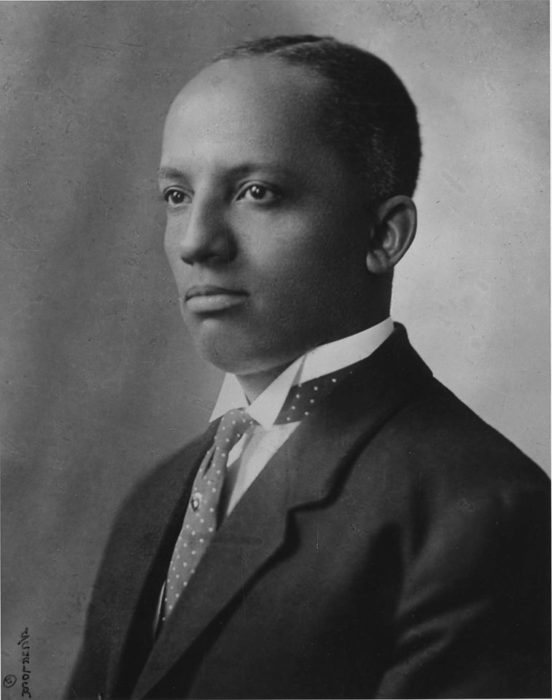
50 years later, during the United States’ 1976 Bicentennial, President Gerald Ford recognized Black History Month as a nationally celebrated event to be observed every February. Growing from Negro History Week, Black History Month’s goals echo Woodson’s desire for a more inclusive version of history. In Woodson’s own words, “What we need is not a history of selected races or nations, but the history of the world void of national bias, race hate, and religious prejudice.”
95 years after the first Negro History Week and 45 years after the national recognition of Black History Month, America is once again faced with its history and the current state of racism. 2020 was marked as the year of Black Lives Matter, with the killings of George Floyd, Breonna Taylor, Ahmaud Arbery, Atatiana Jefferson, and countless other Black Americans sparking international protests and calls to dismantle and reform racist systems.
While the last half century has seen great progress for civil liberties, there have (and continue to be) tremendous setbacks. Racism may seem like an insurmountable issue in modern American society, but there are steps we can all take to dismantle the systemic forces working against Black citizens. With the power of listening and education, we can all rally for a more just and equitable country and heal the wounds of centuries of oppression.
Challenge Your Perspective and Support Black Communities

In the echo chambers of social media, misinformation and racism run rampant. Often these spheres of influence distort people’s views of race in America, constructing biases and recapitulating falsehoods. Many may not even realize that their perceptions of Black Americans are warped and harmful, and will never consider challenging their own point of view. To combat misinformation and hate, individuals must seek out and listen to Black perspectives, breaking down their own implicit biases while learning the history of racism in America. However, this responsibility should not fall on individual Black people to educate their fellow Americans, for their are numerous resources available which offer in depth information and insight.
Poetry, books, talks and essays all give invaluable perspective on the Black experience, and prompt fruitful discussion between individuals. Addressing biases and focusing on inclusion create equitable spaces, and help curb the tides of racism in social structures. People are not born racist, but are taught to be by the communities and structures around them. Dismantling these systems begins with conversations and a desire to grow as respectable, inclusive people.
However, many may want to support Black communities in a more direct manner, especially in the age of COVID-19. Coronavirus forced 41% of Black owned businesses to shutter their doors, immeasurably affecting communities all around the nation. Overlooked by Covid relief packages, Black businesses are lifelines to numerous communities and directly need your help.
Supporting Black businesses strengthens cities around the nation, along with expanding the amount of services and products available to consumers. Thankfully, it is easier than ever to find local Black businesses, along with many organizations which specifically support Black entrepreneurs. This month, help celebrate Black history by investing in its future.
Change The System
Racism is a social construct, which enforces divides based on superficial differences such as creed and skin color. However, these beliefs are often codified in larger systems, creating racism that is systematically enforced. NAACP President Derrick Johnson defines systemic racism as “systems and structures that have procedures or processes that disadvantage African Americans,” and the events of 2020 have brought these very systems into sharp focus.
The best way to achieve equality is through reforming larger systems by updating laws and governmental procedures, rewritten to better protect the rights of Black Americans. Thankfully, many organizations have risen to the occasions, motivating millions to demand equality for all.
Campaign Zero
While a multitude of issues face Black Americans, one dominated the discourse of 2020: police brutality. Black people are disproportionately targeted by the justice system, and this extends deeply into law enforcement. Campaign Zero has made it their mission to combat this issue head-on, collecting and presenting data on discrimination in American police forces, advocating for widespread reform and reconstructing power structures.
Color of Change
Inaccurate portrayals of Black people in the media feed false notions of violence and aggression, which directly influence voters and lawmakers to continue legal practices that target Black Americans. Color of Change aims to change the narrative, arguing “We cannot end racism in one area without tackling it in all areas.” Targeting racism from all angles, Color of Change advocates for fairer depictions of Black people in Hollywood, an end to voter suppression and intimidation, and justice for victims of police brutality.
Black Lives Matter
Since the Civil Rights Movement, few social movements have been as ubiquitous or monumental as Black Lives Matter. While Black Lives Matter is an organization in itself, its message and name have grown into a rallying cry for equality, embodying a call for the end to systemic racism and police brutality the world over. Employing hashtag activism and peaceful protesting, Black Lives Matter empowers, motivates and organizes actions for change, inspiring millions of Americans to tell their representatives, families and neighbors that Black lives do matter.
Celebrating Black History Month
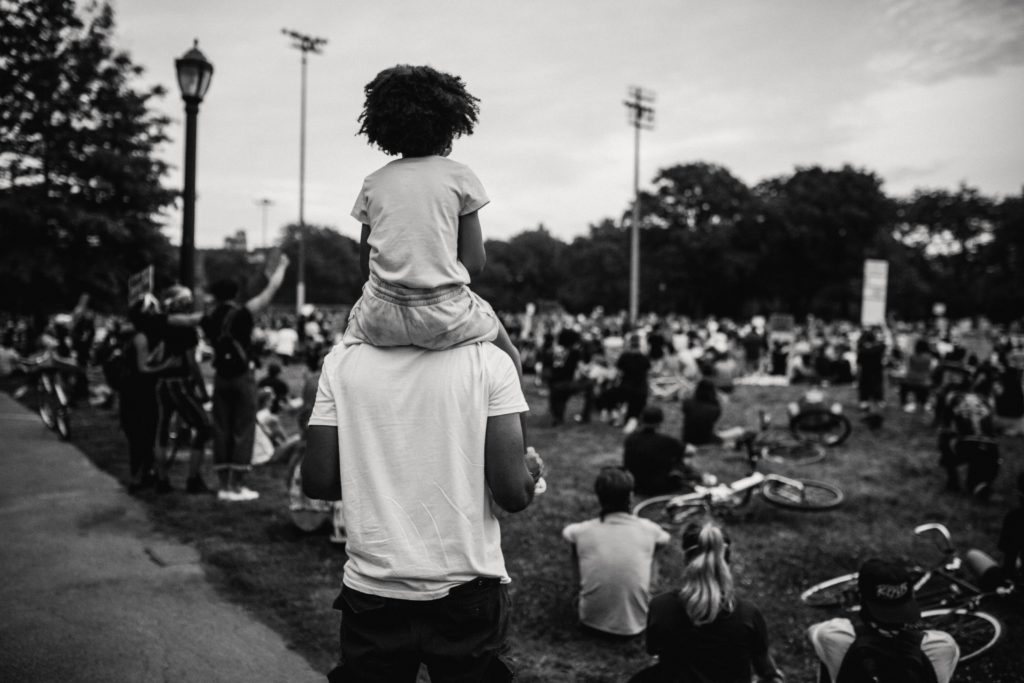
It would be a sign of great change if America no longer needed a Black History Month, and Black history was simply accepted as interwoven into the great history of America and the world. However, as Sylvia Cyrus-Albritton – executive director of the Association for the Study of African American Life and History – said in response to Morgan Freeman’s statement on Black History Month, “we’re not there yet, Morgan.”
Despite centuries of activism, Black Americans are still far underrepresented in government and media. This year, Georgia elected Raphael Warnock, its first Black senator – which is especially surprising for a state with twice the national average of Black citizens. While many are celebrating this victory, it begs the question: why has this taken so long?
Past the advancements of Black politicians and leaders, Black History Month is also a time to reflect on the everyday person: the struggles and history of Black Americans across the country. In 2017, then California Senator Kamala Harris made a Facebook post commemorating Black History Month. In her post, Harris advocates for a more personal approach to Black History Month, using the holiday as a means of celebrating all Black Americans, past and present. “Let’s use Black History Month to honor not only figures like Martin Luther King, Jr. and Rosa Parks, but also the Wiley Manuels, the grandmothers, the teachers, and the neighbors — all of whom have contributed to making our communities, state, and country more just places for all.”
It may seem difficult to celebrate in a time when Black Americans are under seemingly endless attack from an unjust system, but celebration brings about conversation and action. Take the time to appreciate your neighbors and community members, and to listen to their perspectives. Celebrate their history and accomplishments while fighting for their future and rights. Racism is an issue deeply ingrained into America, but there is an answer.
By learning, listening, loving and taking action, there can come a time when Black history receives the recognition and attention it deserves beyond the month of February. In time, divisions can heal and the country can move toward true equality for all. In the words of Congresswoman Yvette Clarke, “We must never forget that Black History is American History. The achievements of African Americans have contributed to our nation’s greatness,” and now is the perfect time to learn why.
To find more ways to celebrate Black History Month, check out Impactree’s Racial Justice Action Hub.

